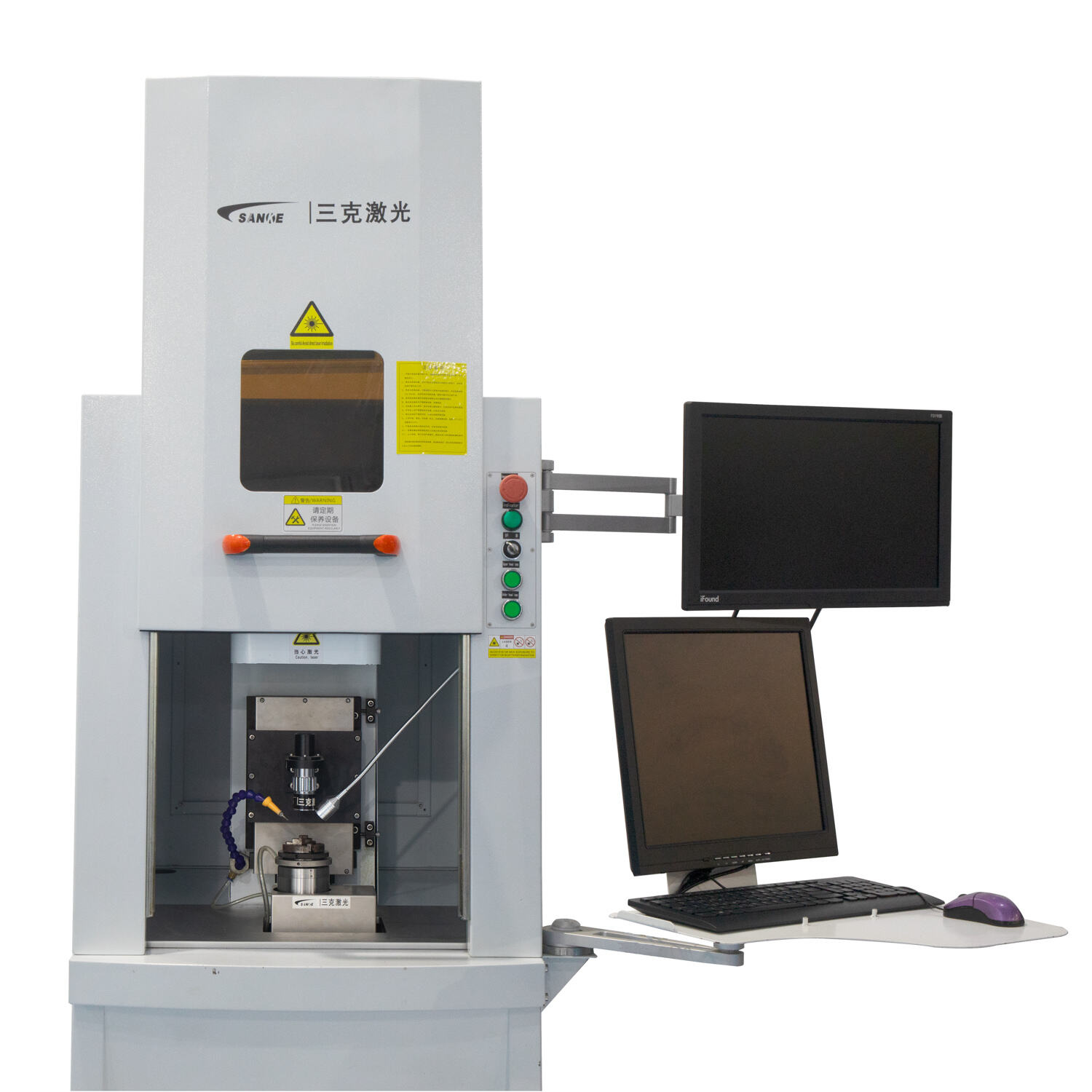Understanding the Versatility of Modern Laser Surface Cleaning Technology
The evolution of industrial cleaning has reached new heights with the advent of handheld laser cleaning machines. These revolutionary devices have transformed the way we approach surface preparation and maintenance across numerous industries. By harnessing the power of focused light energy, a laser cleaning machine can effectively remove contaminants, rust, oxides, and various unwanted materials from surfaces without causing damage to the underlying substrate.
The technology behind these sophisticated cleaning tools relies on precise laser pulses that create photomechanical and photothermal effects, vaporizing unwanted materials while leaving the base material intact. This selective cleaning process makes laser cleaning machines increasingly popular in manufacturing, restoration, and maintenance operations worldwide.
Metal Surface Applications and Capabilities
Ferrous Metals and Steel Applications
The laser cleaning machine excels particularly well when working with ferrous metals and steel surfaces. From removing rust and corrosion on industrial equipment to preparing surfaces for welding or coating, these devices deliver exceptional results. The precision of laser cleaning allows for the removal of surface contaminants without altering the metal's mechanical properties or dimensions.
Steel fabrication facilities frequently employ laser cleaning machines for pre-welding preparation, as clean surfaces are crucial for achieving high-quality welds. The technology can effectively remove mill scale, oxide layers, and other surface impurities that might compromise weld integrity.
Non-Ferrous Metals and Precious Materials
When it comes to non-ferrous metals like aluminum, copper, and brass, laser cleaning machines demonstrate remarkable versatility. The adjustable power settings allow operators to clean delicate surfaces without risk of thermal damage. This makes these devices ideal for maintaining electrical components, cleaning precious metal artifacts, and preparing surfaces in aerospace applications.
The precision control offered by laser cleaning technology ensures that even thin metal foils and sensitive electronic components can be cleaned safely and effectively. This level of control is particularly valuable when working with gold, silver, or platinum surfaces in jewelry manufacturing or restoration.
Advanced Materials and Specialized Surfaces
Composite Materials and Polymers
Modern laser cleaning machines have proven effective in cleaning composite materials used in aerospace and automotive industries. The technology can remove paint, coatings, and contamination from carbon fiber reinforced polymers (CFRP) without compromising the material's structural integrity. This capability is particularly valuable in maintenance operations for aircraft components and high-performance vehicles.
The selective nature of laser cleaning allows for the removal of specific layers from composite materials while leaving others untouched. This precision is invaluable when working with layered materials or when cleaning sensitive polymer surfaces that might be damaged by traditional cleaning methods.
Stone and Architectural Surfaces
In the realm of architectural restoration and heritage conservation, laser cleaning machines have revolutionized the cleaning of stone surfaces. From removing decades of pollution from historic buildings to cleaning modern architectural features, these devices offer unparalleled control and effectiveness. The non-contact nature of laser cleaning prevents mechanical stress on delicate stone surfaces.
Marble, granite, and limestone can be cleaned without the use of harsh chemicals or abrasive methods that might cause long-term damage. This makes laser cleaning machines particularly valuable for preserving historical monuments and maintaining modern stone installations.
Industrial Manufacturing Applications
Production Line Integration
Manufacturing facilities increasingly incorporate laser cleaning machines into their production lines for automated surface preparation. The technology's speed and precision make it ideal for high-volume applications such as preparing surfaces for painting, coating, or bonding. The consistent results achieved through laser cleaning contribute to improved product quality and reduced rejection rates.
The ability to program specific cleaning parameters ensures repeatable results across large production runs. This standardization is crucial for maintaining quality control in manufacturing processes where surface cleanliness directly impacts product performance.
Mold and Tool Maintenance
In the tooling industry, laser cleaning machines have become essential for maintaining molds, dies, and other production tools. The technology can effectively remove residues, release agents, and oxidation without changing the tool's critical dimensions. This preservation of dimensional accuracy is crucial for maintaining product quality and extending tool life.
The precision of laser cleaning allows for the selective removal of contamination from complex tool geometries, including detailed patterns and textures. This capability has made laser cleaning machines indispensable in injection molding, die casting, and other tooling applications.
Frequently Asked Questions
Can laser cleaning machines damage sensitive electronic components?
When properly configured and operated, laser cleaning machines are safe for use on electronic components. The technology allows for precise control of cleaning parameters, ensuring that sensitive components remain undamaged while effectively removing contaminants. However, it's essential to work with qualified operators who understand the specific requirements of electronic cleaning applications.
How does laser cleaning compare to traditional abrasive cleaning methods?
Laser cleaning offers several advantages over traditional abrasive methods. It's non-contact, produces no secondary waste, and can be more precise in removing specific layers of contamination. While the initial investment in a laser cleaning machine may be higher, the long-term benefits include reduced consumable costs, improved cleaning quality, and minimal impact on the base material.
What maintenance is required for laser cleaning machines?
Laser cleaning machines require regular maintenance to ensure optimal performance. This typically includes cleaning optical components, checking cooling systems, and calibrating laser parameters. Most modern systems are designed for easy maintenance, with many incorporating self-diagnostic features that help prevent operational issues and extend equipment life.
 EN
EN
 AR
AR
 FR
FR
 DE
DE
 JA
JA
 KO
KO
 RU
RU
 ES
ES


